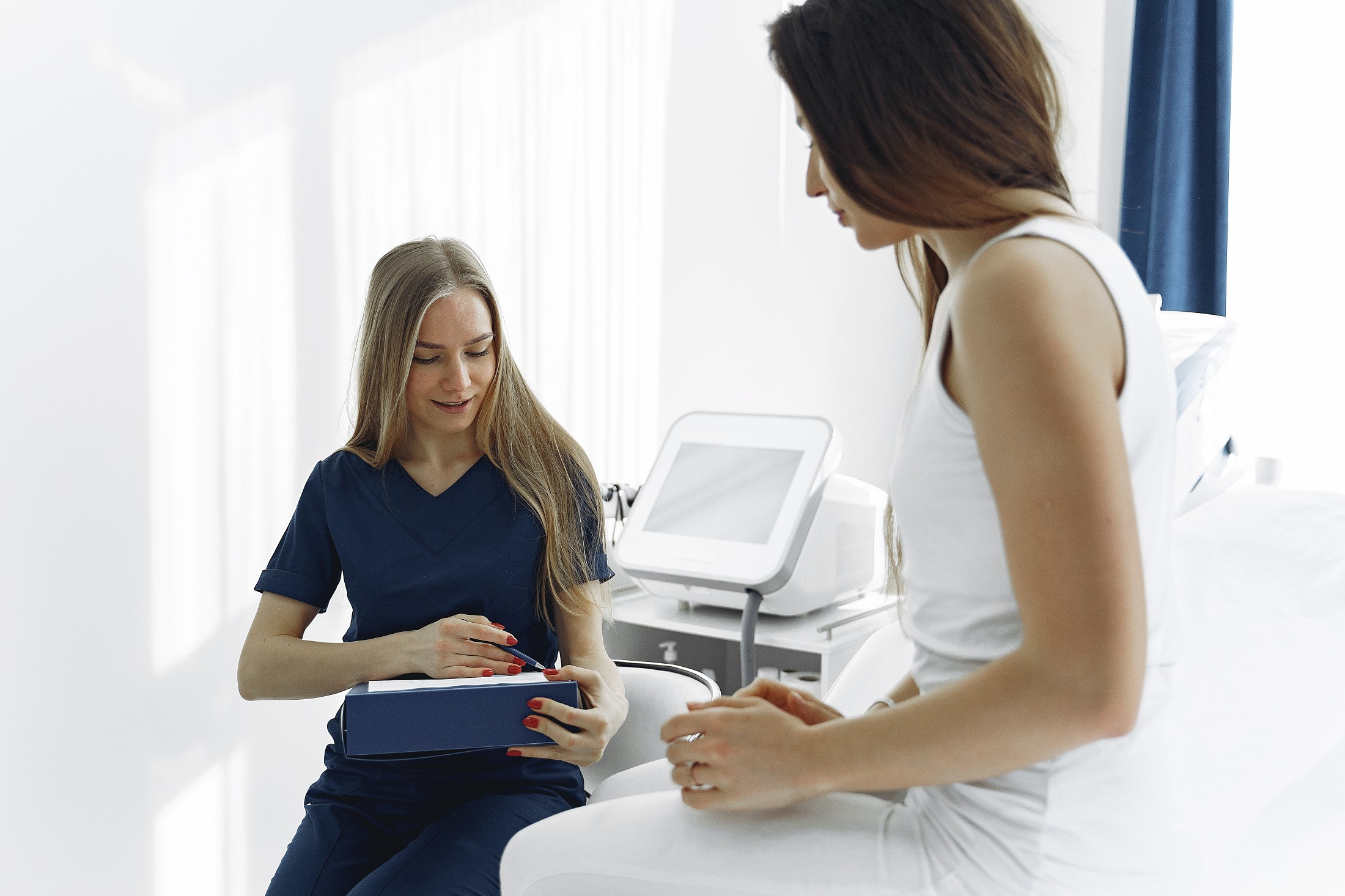
Women do a lot of check-ups during pregnancy, but after birth they often don’t do it. And during this time you also need to control and take care of your health. What tests should be carried out during this time?
When a woman becomes pregnant, she performs a lot of different tests during these few months to make sure that the baby developing under her heart is healthy and its life is not threatened. Unfortunately, most new mothers focus on their baby’s health and forget about their own. And after the birth, many important examinations should also be performed.
It is advisable to visit a gynaecologist for a check-up about 6 weeks after the birth (no matter whether the birth was natural or by caesarean section). The doctor will check that everything is healing well and that the uterus is contracting properly. You should take with you to the appointment the results of the morphology done a few days earlier. The blood test helps to diagnose infections, anaemia, immune system disorders and many other diseases
About six months after the birth of your child you should have a cytology. At that time, the gynecologist takes a swab and sends it to the laboratory. The test allows you to detect cervical cancer, especially since this disease develops even a few years without any symptoms. Inflammation of the genital tract is also detected during the examination. It is important not to use vaginal globules a few days before the planned cytology. You should also not have sex the day before the test
It is worth remembering that changes in lifestyle, often lack of exercise and a different diet affect cholesterol levels. The good cholesterol decreases and the bad cholesterol increases. That is why a young mother should have a fasting lipoprotein panel a few weeks after giving birth. It may be necessary to introduce into the diet products that lower cholesterol – and as a last resort, take drug treatment
A general urine test is a good idea even before your first visit to the gynaecologist. It allows to determine the state of health of the young mother, thanks to it many diseases and urinary tract infections can be detected. It also helps to verify liver problems and diabetes.
From the first days of life, children are given vitamin D. It is important in human life, strengthens the bones and affects the functioning of the entire body. Vitamin D deficiency is very common, especially in autumn and winter. A few weeks after giving birth, a woman should have a check-up to determine whether or not she should take vitamin D supplements, especially since pregnant and breastfeeding women are particularly vulnerable to vitamin D deficiency.
If you struggled with gestational diabetes during pregnancy, be sure to get your blood glucose levels checked a few weeks/months after your baby is born. In most cases, everything returns to normal after delivery, but there are times when your sugar levels are too high and you will need regular monitoring. Sometimes women with gestational diabetes go on to develop insulin-dependent diabetes. In this case it is necessary to visit a diabetologist and follow his recommendations. It may be that a proper diet is enough, and only as a last resort will it be necessary to take insulin
Another important and basic examination after childbirth is breast examination. It is also worth checking on your own whether there are any lumps or bumps on your breasts. It is also important to perform an ultrasound, which attention – it can also be performed while breastfeeding (however, you should express milk with a breast pump before the examination, so that the examination and results are reliable)
Read also: What tests are good to do even before getting pregnant?
Main photo: Gustavo Fring/ pexels.com